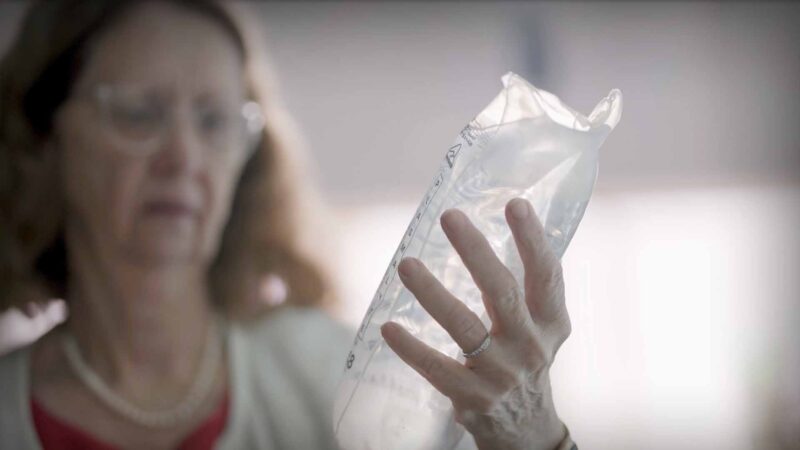RESEARCHER PROFILE
Professor Ernst J. Wolvetang
Australian Institute for Bioengineering and Nanotechnology
The University of Queensland
Australia
Professor Ernst Wolvetang obtained his PhD from the University of Amsterdam, continued his post-doctoral training at the Monash Institute for Reproduction and Development, before joining the Australian Stem Cell Centre.
In 2008 he was recruited to the Australian Institute for Bioengineering and Nanotechnology at The University of Queensland (UQ). He currently heads the Stem Cell Engineering Laboratory and directs the Australian Organoid Facility at UQ as well as the Phenomics Australia NNAT node at UQ.
He is a leader in the derivation, genome editing and disease modelling with human induced pluripotent stem cell and organoids derived from these. Professor Wolvetang is known as our “Mr Organoid” for his trailblazing approach to this exciting field of medical research. He is a pioneer in the field of pluripotent stem cell biology, whose frank and colourful turn of phrase underscores the passion he has for his work.
Professor Wolvetang was among the first to bring the first human embryonic stem cells to Queensland, with his Wolvetang Group at the AIBN now renowned for its work with organoids: growing them, studying them, and using them to try and understand diseases and human development.
Using cutting edge technology, Professor Wolvetang designs and grows organoids both for their own work and for labs across the country, coaxing pluripotent stem cells or tissue samples into 3D structures that mimic the function and architecture of real brains, livers, kidneys, spinal cords, and intestines.
Crucially, Professor Wolvetang says organoids could one day negate the need for animal models, as they can be designed to replicate what is happening inside an individual patient, offering researchers a unique opportunity to study personalised responses to new treatments.
He says this could shave years off the drug development process and – ultimately – the time between diagnosing a problem and delivering the solution.
“Once we demonstrate the power and accuracy of this approach for one genetic disease, it could open the door for testing of other gene therapies for a range of genetic neurological conditions.”, says Professor Wolvetang.
You Might also like
-
Computer science approach to detecting dementia
Watch Xinyi Wang, a researcher at the Wicking Dementia Research and Education Centre, University of Tasmania talk on identifying new approaches to detecting dementia.
-
Links investigated between poor sleep and onset of dementia
Watch Samantha Bramich, a PHD candidate at the Wicking Dementia Research and Education Centre, University of Tasmania talk on identify the prevalence of rapid eye movement sleep behaviour disorder (RBD) in Tasmania and how poor sleep contributes to the onset of dementia and other diseases.
-
World-first clinical trial improves patient outcomes for kidney transplants (2023)
A world-first clinical trial conducted at the Royal Adelaide Hospital (RAH) and at hospitals across Australia and New Zealand has identified the best fluid treatment to reduce the risk of patients requiring dialysis after a kidney transplant.
Around one in three people who receive a kidney transplant suffer delayed graft function, which means the transplant doesn’t work immediately and they require dialysis.
The lead-author of the study, was Royal Adelaide Hospital Nephrologist and University of Adelaide researcher, Dr Michael Collins.



